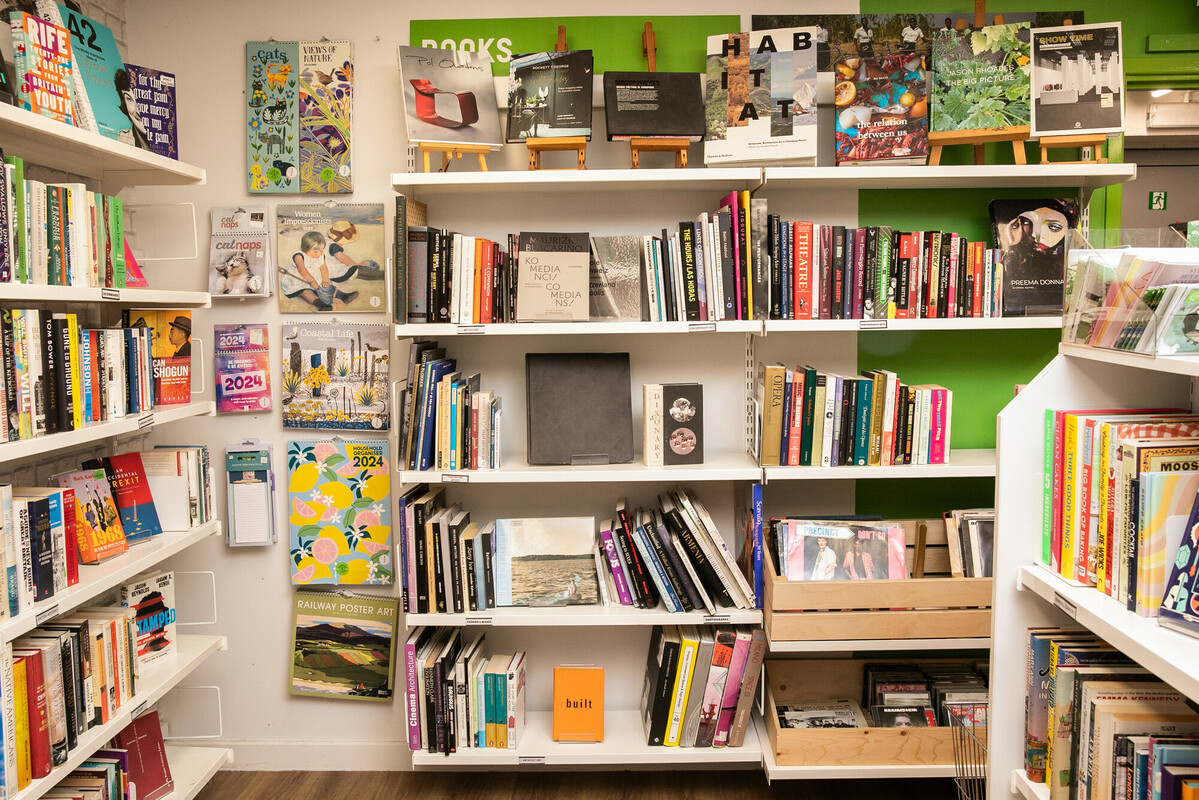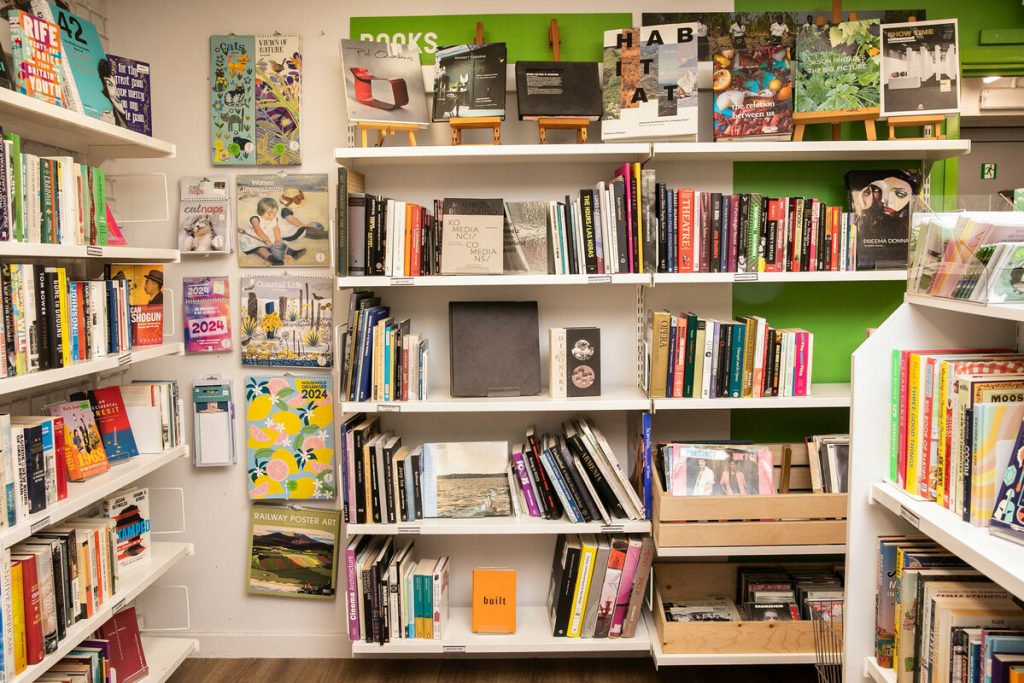

Always wanted to write that book about progressive change but don’t know where to start? Oxfam’s Irene Guijt shares seven tips from an expert…
Imagine a conversation with a book midwife, a book doula. I had one, sitting opposite Ariane Conrad – a woman who helps people give birth to books. Not just any books. But books on social change, progressive issues. She’s been behind some bestsellers, most recently Jon Alexander’s Citizen, which she coauthored. Ariane organises annual book birthing retreats to see if you have an idea worth seeing the light of day.
I have started writing on the evidence base for hope. This idea builds on work by my colleague Ruth Mayne and I on today’s examples that can inspire radically better futures. My question going into the four day event with Ariane was ‘is this worthy of a book?’ and what’s involved. I’ve written books before, but all of them were on research methodology, natural resource management or rural change. This book is meant to be a journey through a much broader issue of our times – asking what role hope – the rebellious, active kind – can play in countering the widespread despair experienced by many in today’s polycrisis.
Ariane and my fellow would-be authors were inspiring and loads of fun. Here are my key takeaways from multiple lightbulb moments and a notebook bursting at the seams.
- Give your work a unique and personal angle. No topic is truly novel, unless about emerging history. All books are takes on a topic, building on other work. A good book adds to a societal conversation but offers a new storyline. And it requires bringing yourself into the book. In one session, we reflected on three personal experiences that had influenced the book. Is there a way to bring those into the story? Can they help frame the compelling, single message that will get it noticed? What’s my unique angle and why would this book matter NOW?
- There’s no such thing as a general reader for non-fiction. What you have to say is only as important as what your audience needs. Audiences need to be specific, not just ‘policy makers’ or ‘activists’. We defined our ideal audience with specific demographics and psychographics. What are their key concerns and anxieties or pain points with which you draw them in? You’ll have to educate your publisher about your specific audience, your 1000 superfans.
- Imagine the journey for the reader. One of the exercises involved looking at anonymised tables of contents. So much fun! We had to guess the kind of author, the focus of the book and the intended audience. A table of contents are the journey for the reader. It can draw you in by its clarity or warmth or quirkiness. So I’m approaching the book as an architecture project, a road map of rebellious, active hope that might energise and inspire changemakers.
- Know the sector, take a deep breath. It’s a long haul and there’s
nolittle help from publishers. Books take years to be written and sometimes years to get published. Publishers these days are not one’s friend unless you’re already a big name with best-seller status. They do limited marketing, offer limited editing support and are extremely picky. In the US alone, about 3 million books get published per year – 2.3 million of them self-published! The average US book now sells less than 1000 copies over its lifetime. Sobering… So in a crowded market, brands stand out. (Oh, and a US$20 book may give as little as 0.25 cents of income per book. Don’t expect to amass riches.) - Birth is just the start! Any writing exists to be read. Social change books yearn to be part of a societal conversation. And that takes effort. Most book marketing is undertaken by authors, not publishers. So once the book is out, more work is needed to get it to the audience. Jon Alexander set out to accept EVERY invitation to talk about their book for a year after it came out. He created a huge curious crowd during the writing process by asking them for feedback on chapters. It got me thinking about my version of marketing and how it could be part of the writing journey. Where does the conversation on hope in a polycrisis best fit and how can I connect this with my book? Will I focus on Instagram, Substack or Medium or Linked In? (Jon Alexander recommended choosing one as each medium asks a lot of work.)
- You don’t need to do it alone. I don’t have enough time to write in my day-to-day job. So my writing muscles are rusty and uncertainty is a familiar ‘friend’. But I go to the gym and know what it’s like to feel the strength that comes from consistent practice. How reassuring then to find that writing gyms exist! A dear friend told me about the LWS community, for example, an online facility of hundreds of writers who give and get support to help its members sit and put words on paper. In fact, it’s in one of their morning sessions that I’m finalising this blog. A quiet morning hour in the presence of other people’s concentration where I feel focused and able.
- What’s my voice? This is I think for me the most difficult one. Having been brainwashed to think only in terms of emails or policy reports, writing in my own voice feels unfamiliar. How do I bring me into the book? What is the ‘story of self, of us, of now’ that will bring the cadence and flavour to the book? I don’t know yet what I sound like. But writing each day even if for only an hour has made me more comfortable with just pouring it out. Throw up, then clear up. First drafts are private, I’m writing for me. The second drafts are for friends, the third for the audience, and the fourth is for critics.
Knowing that there is no wrong way to start a piece of writing, I’m taking a magpie approach. Finding nuggets of ideas, from other books, research. And taking a deep breath by talking about this with an ever greater number of people. Like in this blog.
So there you have it. I consider myself officially pregnant with a book on hope. How cool is that? Time will tell whether its gestation period is closer to that of a human or an elephant (655 days, apparently), but I’m on my way. Watch this space.

Irene Guijt is Head of Evidence and Strategic Learning at Oxfam GB
Good luck Irene!
Thank you! I’ll need it. That and a lot of grit and time.
Great piece, Irene. Thanks for sharing.
A friend asked me recently whether I was planning to write a book (I guess on something around complexity, learning, relationships, power, love and social change).
My response was basically no, because I’m not sure that writing a book is really aligned with my values, purpose, interests, wants, desires or understanding of how the world works. And that the world probably does not need another book on social change written by a middle-aged, middle-class, white bloke (and therefore that there are better ways in which I can spend my time).
However, the question – and listening to recent talks by Danny Sriskandarajah and Yuen Yuen Ang, based on their excellent and potentially impactful books – did set a ball rolling, at least a little bit.
So, I’m curious – did the book birthing retreat include consideration of motivations/reasons for writing a book? I’d be interested in learning about whether and how you explored that, before deciding to write a book.
A book on evidence for hope sounds super-interesting and useful. Wishing you and your emerging little one all the best 🙂
Hey Alan, allow the ‘ middle-aged, middle-class, white blokes’, as my kids would once have said…. 😉
Thanks Alan! Yes, motivation to write a book was discussed – a lot – and is continuing on our Whatsapp chat of wannabe writers. It ranges from deep personal motivation to almost retirees for whom it is a legacy effort. I have found that writing more substantial pieces helps me in my own sensemaking of societal or sectoral patterns I’m spotting. For this project, once I noticed that the questions I was asking myself were also being asked by many others, I thought this might have wider interest. So why not a book? Some in the retreat decided NOT to write the book – feeling that their work was best shared through other means. Some were motivated but with hesitation due to self-doubt creeping in. ‘Why my thoughts?’ Reports/articles vs book also depends on your audience and theory of change. I sometimes need to influence academics or people who value a peer reviewed evidence ‘piece’. Articles/reports can be stepping stones to books. And some great or specific books CAN have huge reach in the wider public or specific audiences. For me there is a personal satisfaction for a book-type output that has taken my thinking and framing forward and offers others a different way of thinking about the present, imagining the future or acting today. Articles/reports do not (often) give me that buzz.
Can’t wait to read this Irene. Count me in your list of superfans!
Super kind, John. I’m afraid this means I’ll come knocking for some advice and comments.
The Evidence for the Hope will be super book. Writing a book is really difficult, and those tips are helpful for person like me who is in middle of writing my first nonfiction book.
Congrats with your book journey! I hope you enjoy the writing process and the clarity of thinking it gives you.
Huge congratulations on this piece Irene! I will bookmark it forever 🙂
Thank you, Ania. I’ll be keen on those congrats again when it is ACTUALLY written!
Audience interest successfully stimulated. I want to read your book.
Haha! I love that, Christine. I hope you stay interested long enough for this book’s birth though… 🙂
Thanks Irene, this is super helpful. I am in the middle of a report at the moment, co-authored by five of us, where I keep on thinking – agh, if only this were a book! ‘Evidence for hope’ resonates strongly for me – how can we connect visions of a better world with evidence for pathways that have sufficient potential to unfold or spiral out into these visions, sufficient also to embed hope? So good to hear about Ariane’s annual book birthing retreats – I had also been searching for something like this. Wishing you well in your writing and I look forward to reading.
Oh my, I know those multi-author reports (and books) only too well. Quite a journey of sensemaking, communication and compromise. Takes 2 x longer than if it was single-authored. But also that much richer. Thanks for your email as well with the recommended book. Have purchased!
Hi Irene
Wishing you lots of inspiration. We all need hope in these gut wrenching times. Count me in as fan!
Lovely to hear from you, Hettie! I will embrace your fandom and hope you won’t regret it…. 🙂
Just like to say that trainee Maria was very good at explaining what oxfam are about found her to be polite and enthusiastic and would be a great addition to oxfam also jiahn also very good at her job found both of them very good at there jobs